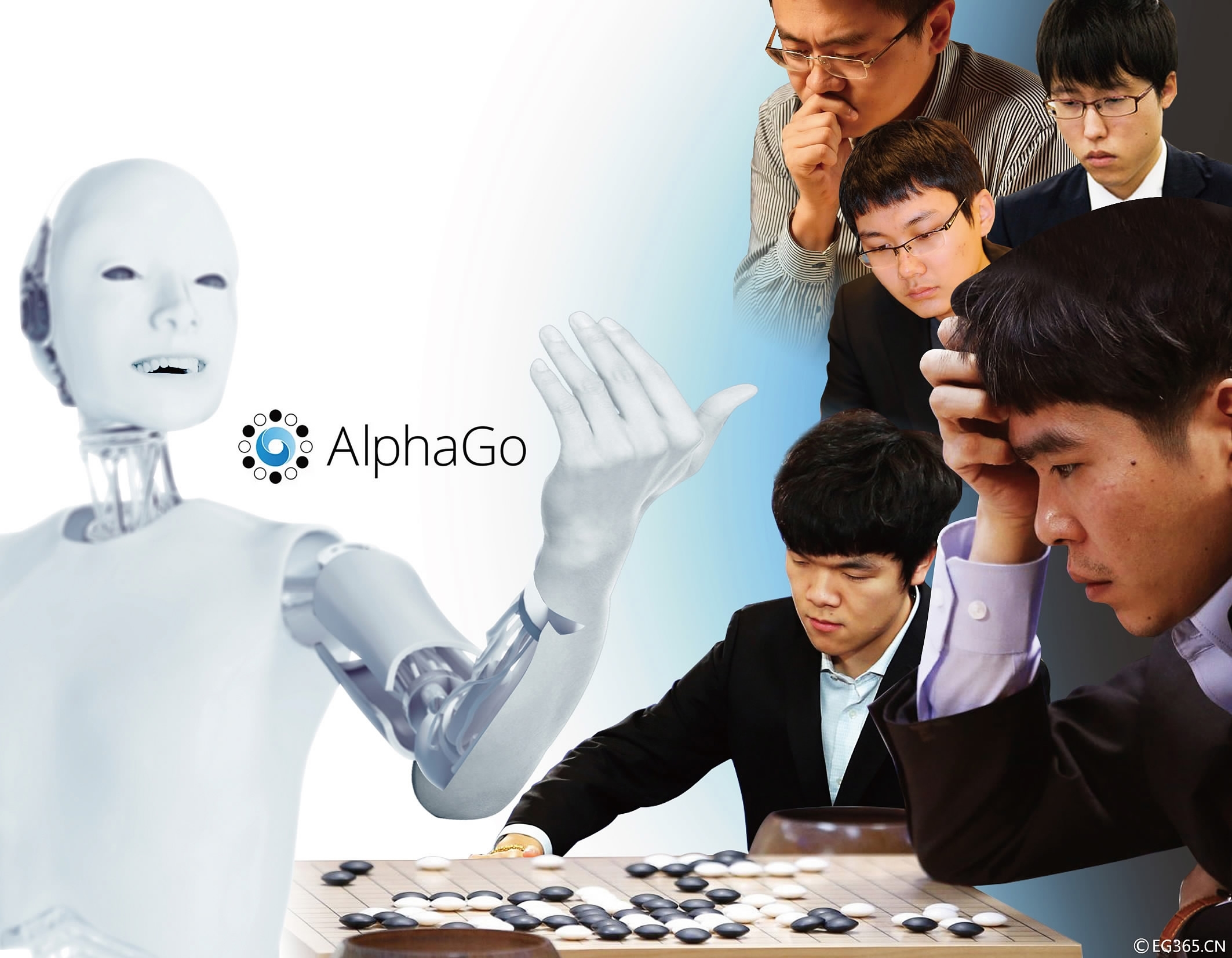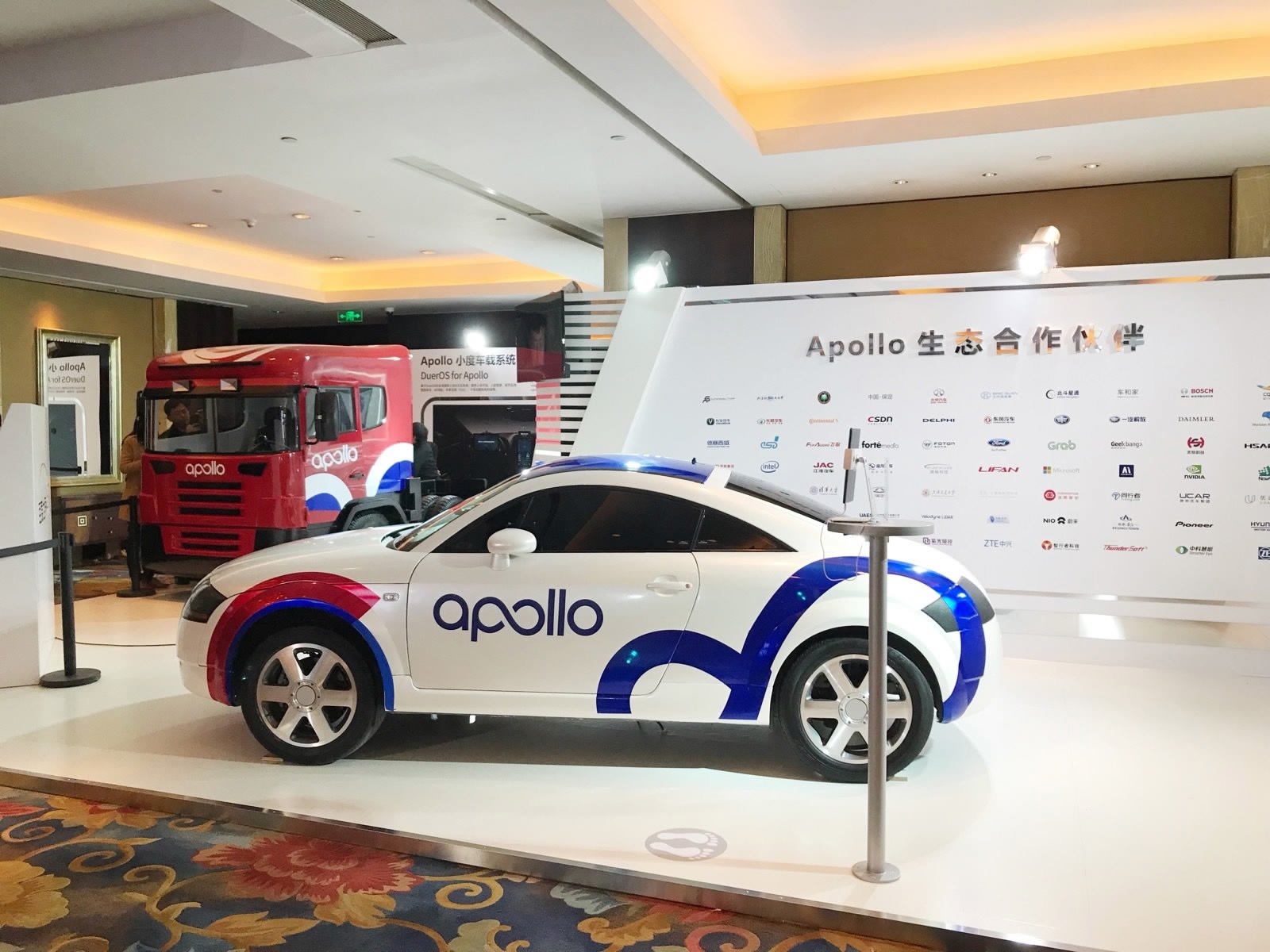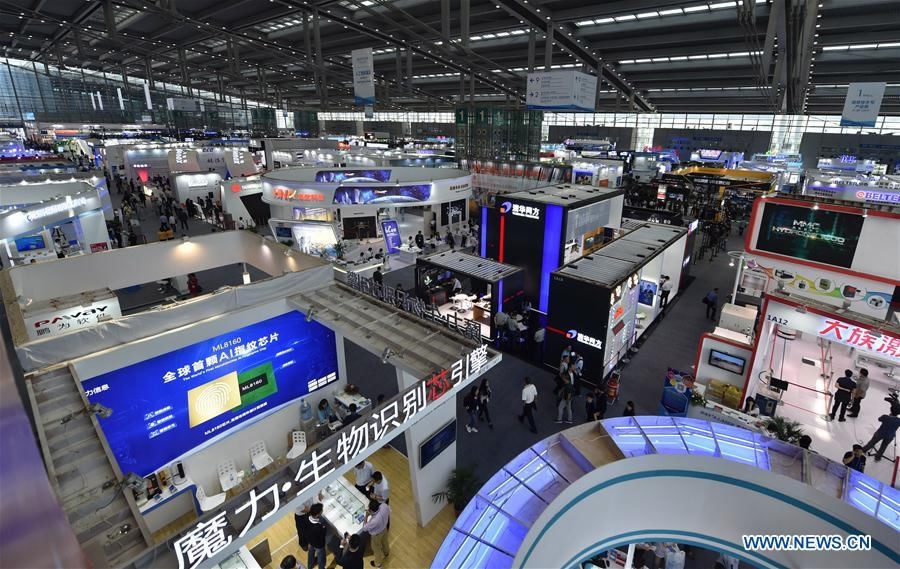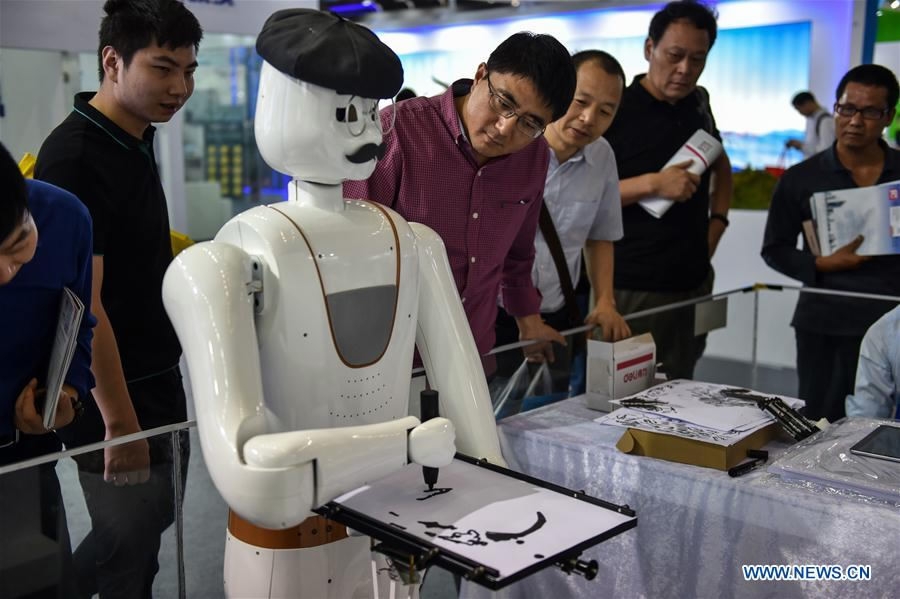Upon a friend’s kind invitation, I attended the 17th annual conference of the China Venture Capital and Private Equity Association (CVCA) in Beijing. This is an annual gathering of a bunch of billionaires courted by a bunch of millionaires, arguably the richest lot in China. The venue was impressively commensurate – in the most expensive hotel in downtown Beijing.
Among the apex of affluence and the pinnacle of posh was me – one lowly poor professor. I must confess that the real reason to hobnob with this crowd of the richest 1% in China in a grandiose ballroom was the sumptuous free feast afterwards.
As an academic, I would often view these events as intellectual “garbage” where the only thing that matters is how to make your next billion. Nevertheless, there can be gems in the garbage once in a while.

Google's AI AlphaGo has defeated top Go masters from across the world. /VCG Photo
Google's AI AlphaGo has defeated top Go masters from across the world. /VCG Photo
The latest fad of the venture capital community is artificial intelligence (AI). As we know, there is a race to chase AI right now on both sides of the Pacific Ocean. Over there in the US, they have Google, Amazon and Facebook, whose businesses are respectively in search engine, e-commerce and social media. Over here in China, we have Baidu, Alibaba and Tencent, whose businesses are respectively in search engine, e-commerce and social media. (Is that just a coincidence?) All of them are pouring money into AI like never before. Added to the foray is a regiment of venture capital funded startups, working on everything from driverless cars to pilotless planes. According to these technology gurus, AI will one day rule the roost, and we humans will have to take a backseat. I guess when gurus put real money on the line, what they say does carry extra weight.
I was intrigued by one speaker when he was asked to assess AI’s future prospect in China. The speaker, whom I bet has a portfolio of AI-related ventures, mentioned five reasons why AI in China will have sunny days ahead, boosting my national pride a little bit.

Demonstration of the Apollo system at the “Baidu World 2017” event /CGTN Photo
Demonstration of the Apollo system at the “Baidu World 2017” event /CGTN Photo
OK, so I was an easy convert. And my pride in the role China will play in the future of AI is not artificial.
First, we Chinese are pretty good in STEM (science, technology, engineering and math). He said that he had attended a dozen AI conferences already, and every time about half of the attendees are Chinese scientists, based both in the mainland and abroad. That is hardly news to me, having lived in the West for a long time.
Second, AI needs a lot of data. As they say, data is oil; data is gold. Here in China, we do not have much oil, nor much gold. But we do have a lot of people. One point three billion of them. Hence, a lot of data. Yep, that makes a lot of sense.

The 19th China Hi-Tech Fair is held in Shenzhen, south China's Guangdong Province, Nov. 16, 2017. More than 3,000 exhibitors show latest achievements in science and technology here at the fair. /Xinhua Photo
The 19th China Hi-Tech Fair is held in Shenzhen, south China's Guangdong Province, Nov. 16, 2017. More than 3,000 exhibitors show latest achievements in science and technology here at the fair. /Xinhua Photo
Third, China does not have a stringent and aggressive privacy protection regime. In other words, not only is data abundant, but data is also cheap, and in many instances, free. Just at that moment, my phone rang. Some telemarketing junkie called me, to peddle fake invoices. You know what’s going through my mind - Point well made.
Fourth, the speaker said we Chinese are receptive of new products and new services. China’s penetration “S-curve” how quickly the general population accepts something new, is fairly steep slope and things get accepted by the market pretty fast. That, I can also agree with. Here is a personal example. As a low-tech person who staunchly resisted Alipay and Tenpay, I find my life getting around increasingly more difficult these days, as more and more stores are rejecting my exercising the constitutional right to use the red-Mao note. Emerging markets are dynamic, as I used to teach in class.

People watch a robot painting demonstration during the 19th China Hi-tech Fair in Shenzhen, south China's Guangdong Province, November 16, 2017. Over 3,000 exhibitors participated in the hi-tech fair displaying a lot of robot and artificial intelligence projects. /Xinhua Photo
People watch a robot painting demonstration during the 19th China Hi-tech Fair in Shenzhen, south China's Guangdong Province, November 16, 2017. Over 3,000 exhibitors participated in the hi-tech fair displaying a lot of robot and artificial intelligence projects. /Xinhua Photo
Now the final reason is mind-boggling to me. He said because China is mostly an atheist country that doesn’t have a dominant religion, it is more prone to innovation and deployment of AI technologies. That is something I first heard about.
America is a country of faith. There is a joke about carving out the two coastal states in combination with Canada to form the blue United States of Canada and naming the vast middle of the continent as the red Jesusland. Every official presidential speech in the US will end with “God bless America!” Now is that going to turn into a disadvantage in America’s race with China in the conquest of AI?
An intriguing thought.
(The author is a professor at the University of International Business and Economics. The article reflects the author’s opinion, not necessarily the view of CGTN. )






